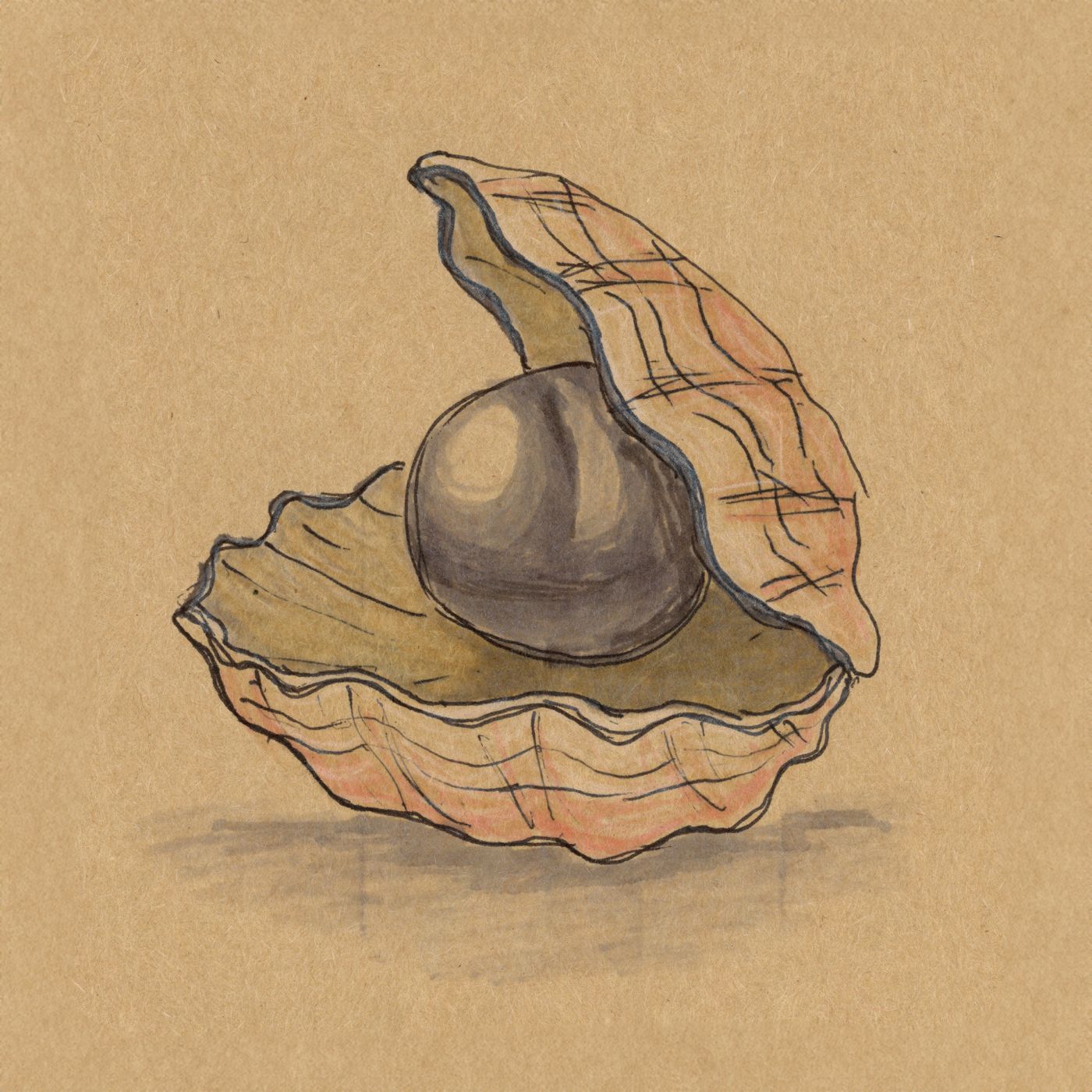I’ve been told I’m a good listener, but what does that even mean?
I don’t think it’s active listening, mirroring, or using phrases like “what I heard you say…”, though those are great tools for effective communication.
What makes a good listener?
I’m going to go out on a limb and say the only thing needed to be a good listener is to listen without bias.
I don’t know about you, but my brain is extremely talented at illogically deducing what it thinks you are going to say. I will have entire conversations in my head, multiple times, and am ABSOLUTELY CONVINCED that is how the conversation will happen. It likes to cite past conversations as proof or uses “Mandy colored glasses” to logic out how someone will respond or react. My brain is so good at processing information in this way, that it does it without me having to consciously think about it or ask it to. It just offers its computed conclusions up in a neat little package, tied with a bow.
So how can we listen without bias when our brains are continually taking in information and spitting out opinions?
We have to train our brains to stop.
It takes practice, grace, and must be judgement free. You can’t tough love your way to an unbiased brain. It’s compassionate self-awareness that affects change, not brow beating.
Which do you think is more effective?
“Mandy, I can’t believe you put words into her mouth again. You always assume you know everything. You’re so stupid. Don’t do it again.”
Or
“Brain, thank you for your efficiency in trying to figure out what she was going to say, before she was done saying it. I appreciate you trying to help, but next time I’d like her to say it on her own. I release you from this obligation.”
There are times when I easily earn a gold star for good listening. There are also times when it’s a struggle bus and I’m tired and my brain finds those well used neural pathways and starts connecting those imaginary dots again.
Those are also the days where I’m not very good at NYT’s Connections game because it wants to double down on the wrong assumptions instead of thinking outside of the box for other possible solutions. Coincidence?
On those days, I say to my brain, “I see you went down that well-traveled path, which makes sense. You’re short on energy today, and it’s an easy short cut. I get it. Let’s get you some food, coffee, or a nap, and see if we can’t get you back on the right track.”
Besides, I really do want to know what you are going to say, not what I think you are going to say.
I really do want to be a good listener.
